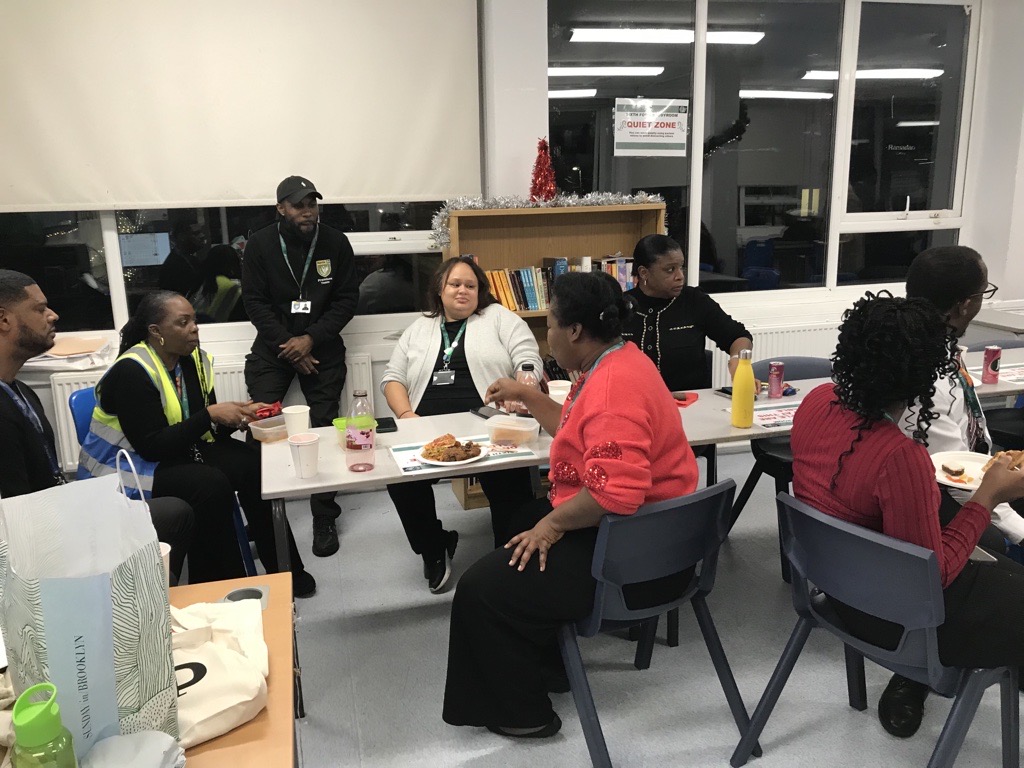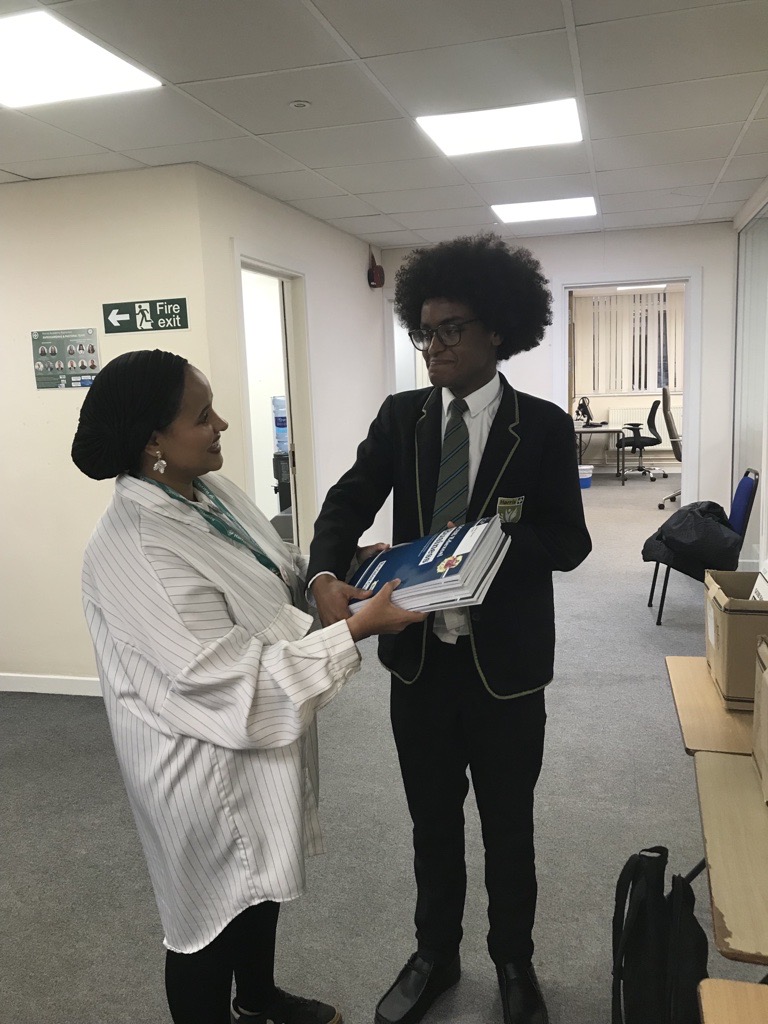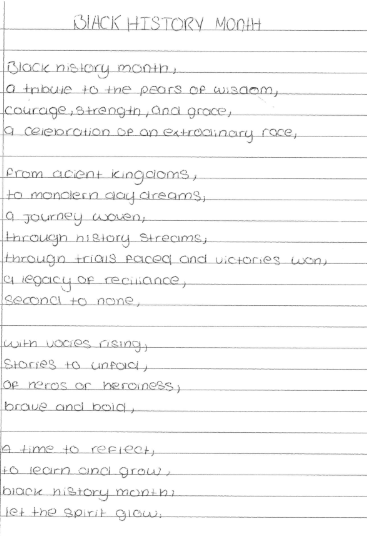Economics (KS5 only)
Economics is the social science that studies the production, distribution, and consumption of goods and services. Economics focuses on the behaviour and interactions of economic agents and how economies work.
Microeconomics analyses basic elements in the economy, including individual agents and markets, their interactions, and the outcomes of interactions. Macroeconomics analyses the entire economy and issues affecting it, including unemployment of resources, inflation, economic growth, and the public policies that address these issues.
Economics encourages the students to ‘think as economists’ and develop the appropriate range of analytical, questioning and reasoning skills to achieve this objective. Students will develop grounding in both microeconomics and macroeconomics, drawing on local, national and global contexts.
Students apply the concepts and techniques which they have learned throughout the course to a range of ‘real world’ issues and contexts. Students will foster an understanding of economic concepts and theories in a range of contexts and to develop a critical consideration of their value and limitation in explaining real world phenomena.
As a result of following this course students will be able to explain, analyse and evaluate the strengths and weaknesses of the market economy and the role of the government within a market economy and be able to criticise economic models of enquiry, recognising the limitations of economic models.
Further details of the curriculum can be downloaded below.
Documents
| Economics Subject Intent and Design | Download |
























